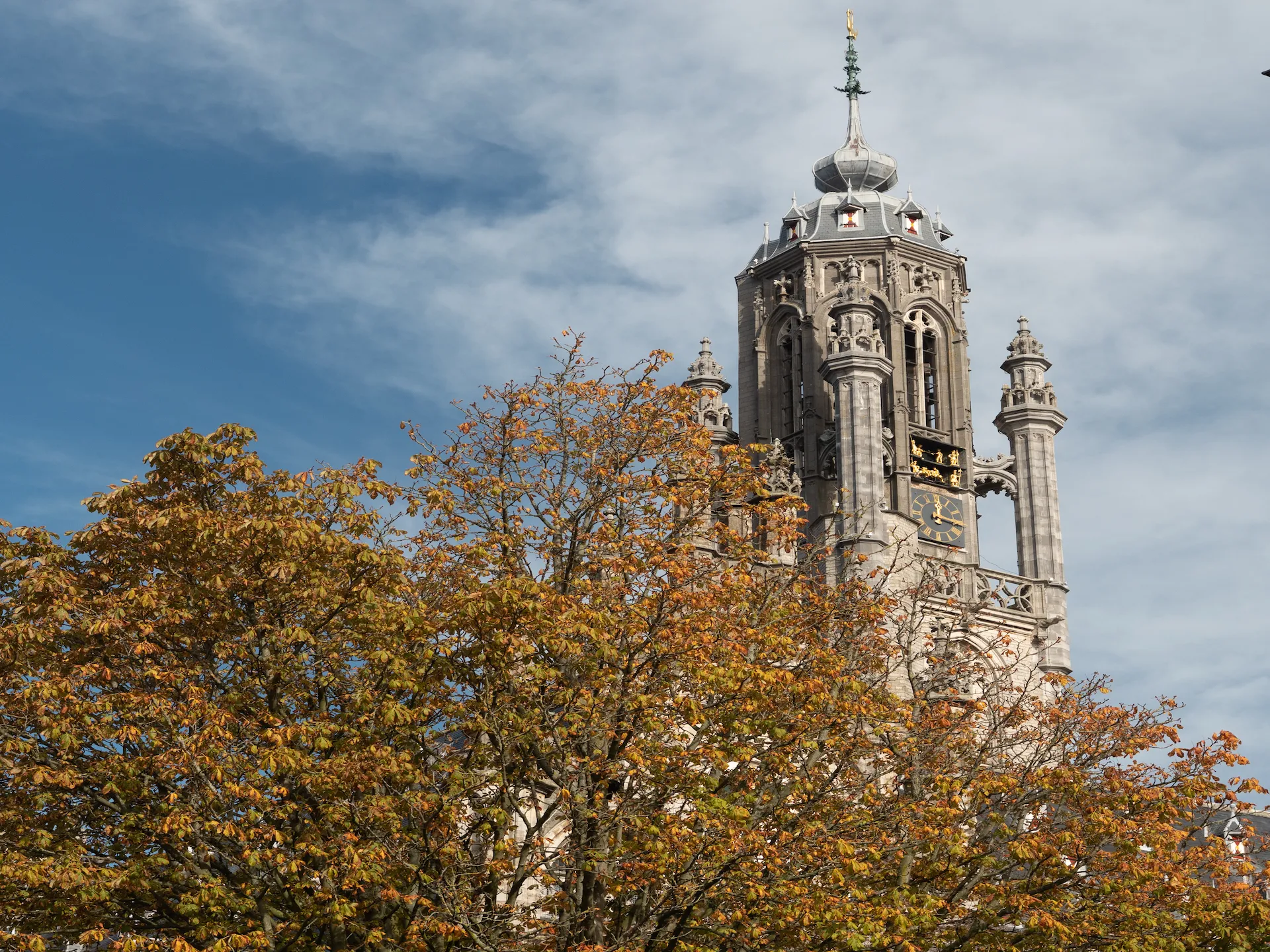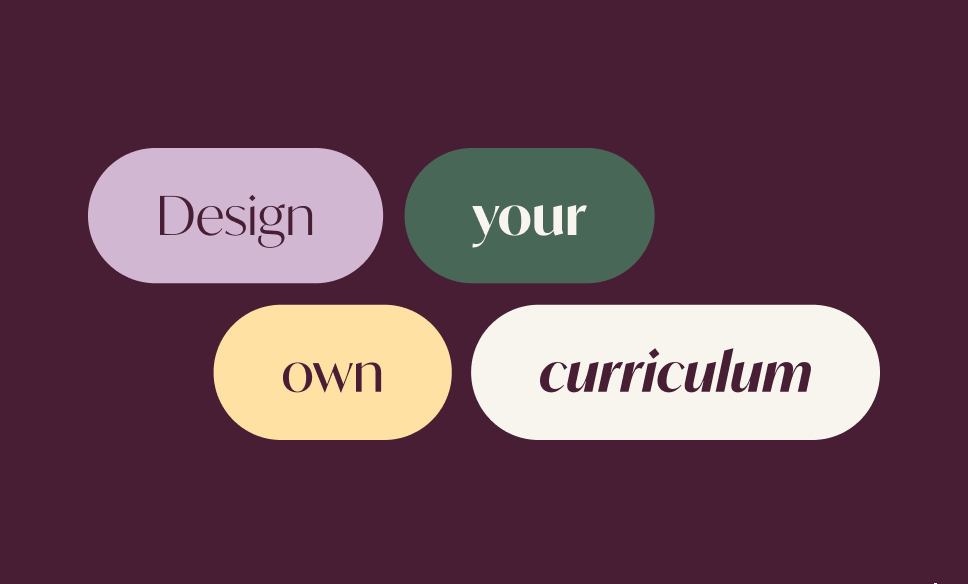Environmental Science
Environmental Science
Part of the Environment & Sustainability Cluster.
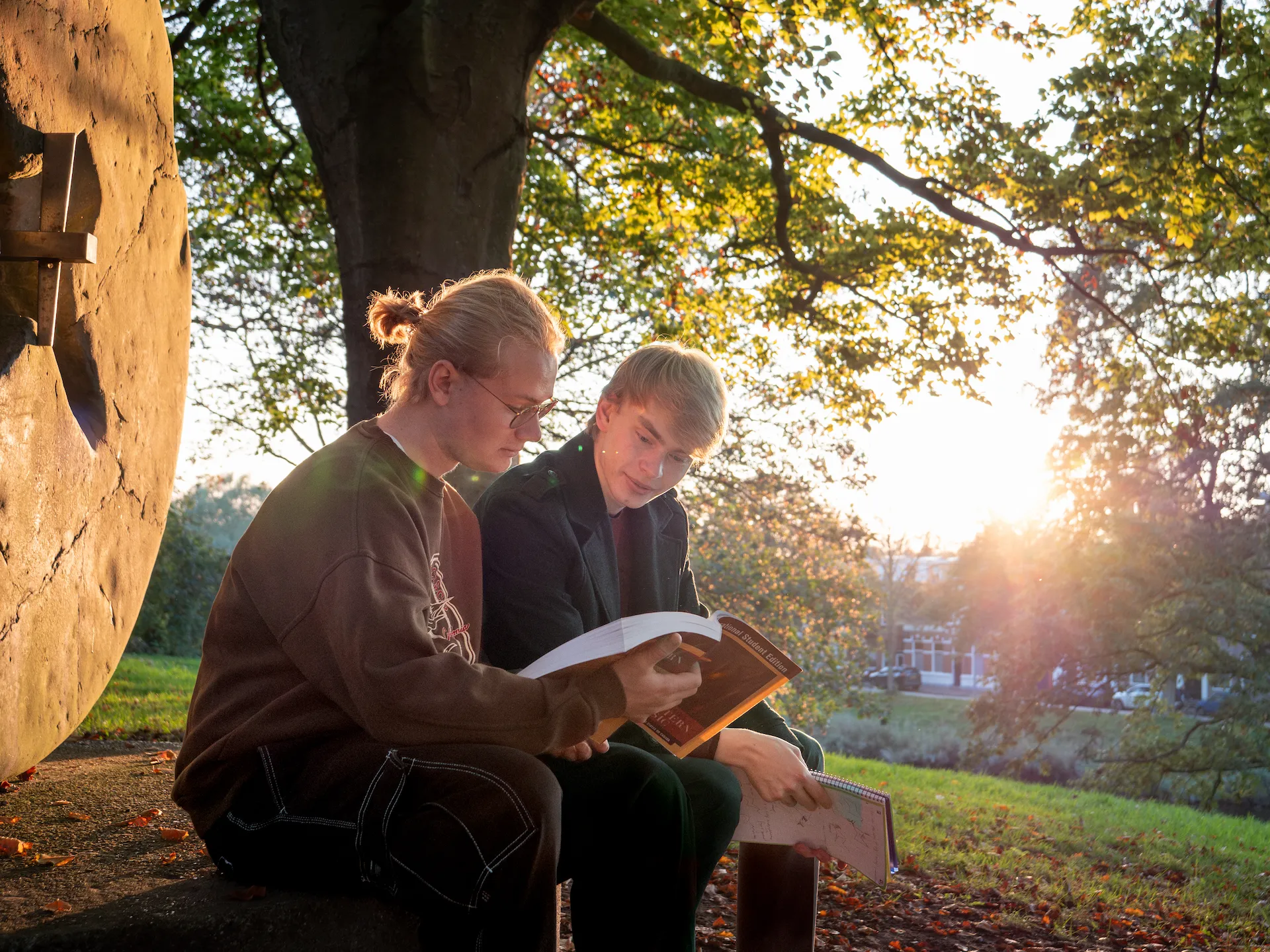
Environmental Science investigates the physical processes that shape our planet and the ways we can respond to today’s environmental challenges. You will study dynamic Earth systems—from soils and aquifers to climate and natural hazards, using tools like GIS, remote sensing, and field-based research. Courses combine theory, lab work, and real-world applications to help you understand and model environmental change. With a strong focus on sustainability and resilience, this field prepares you to tackle pressing issues like climate adaptation, resource management, and ecosystem protection.
Opening up Environmental Science courses
Starting in Environmental Science is simple, as you can take any of the 100-level courses. If you want to take a 200-level course, you will need to take Sustainability Essentials I. If you want to take a 300-level, you will have to have done both Sustainability Essentials I and Sustainability Essentials II.
Courses in Environmental Science
Courses in Environmental Science
Sustainability Essentials I
Sustainability Essentials I
Sustainability Essentials II
Sustainability Essentials II
Dynamic Earth
Dynamic Earth
Natural Hazards, Risks & Adaptations
Natural Hazards, Risks & Adaptations
Soils & Aquifers
Soils & Aquifers
Earth Observation
Earth Observation
Earth System Science Tools
Earth System Science Tools
Environmental Biogeochemistry
Environmental Biogeochemistry
Earth’s Resources
Earth’s Resources
Also consider these options:
Also consider these options:
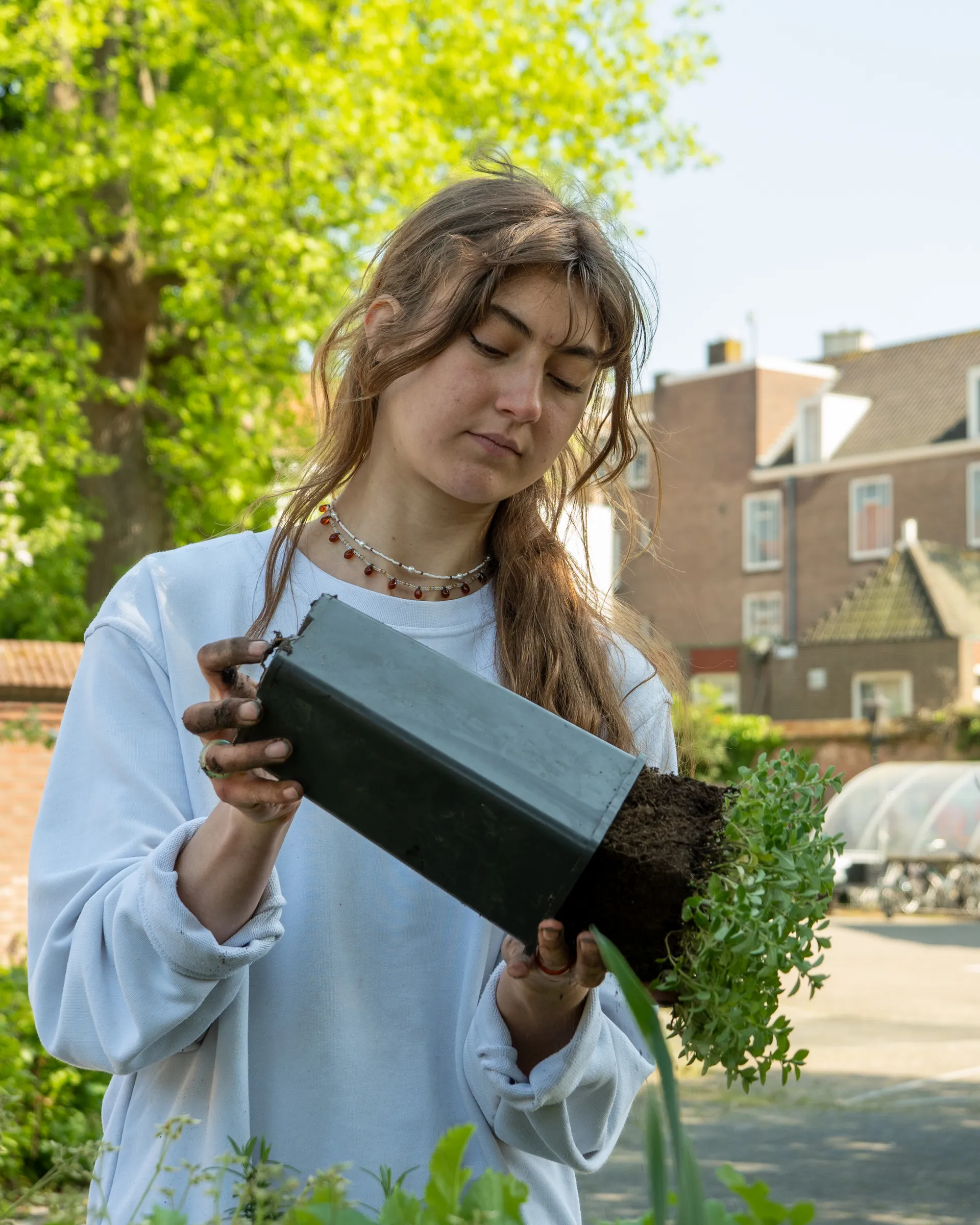
Environment & Sustainability
Environment & Sustainability
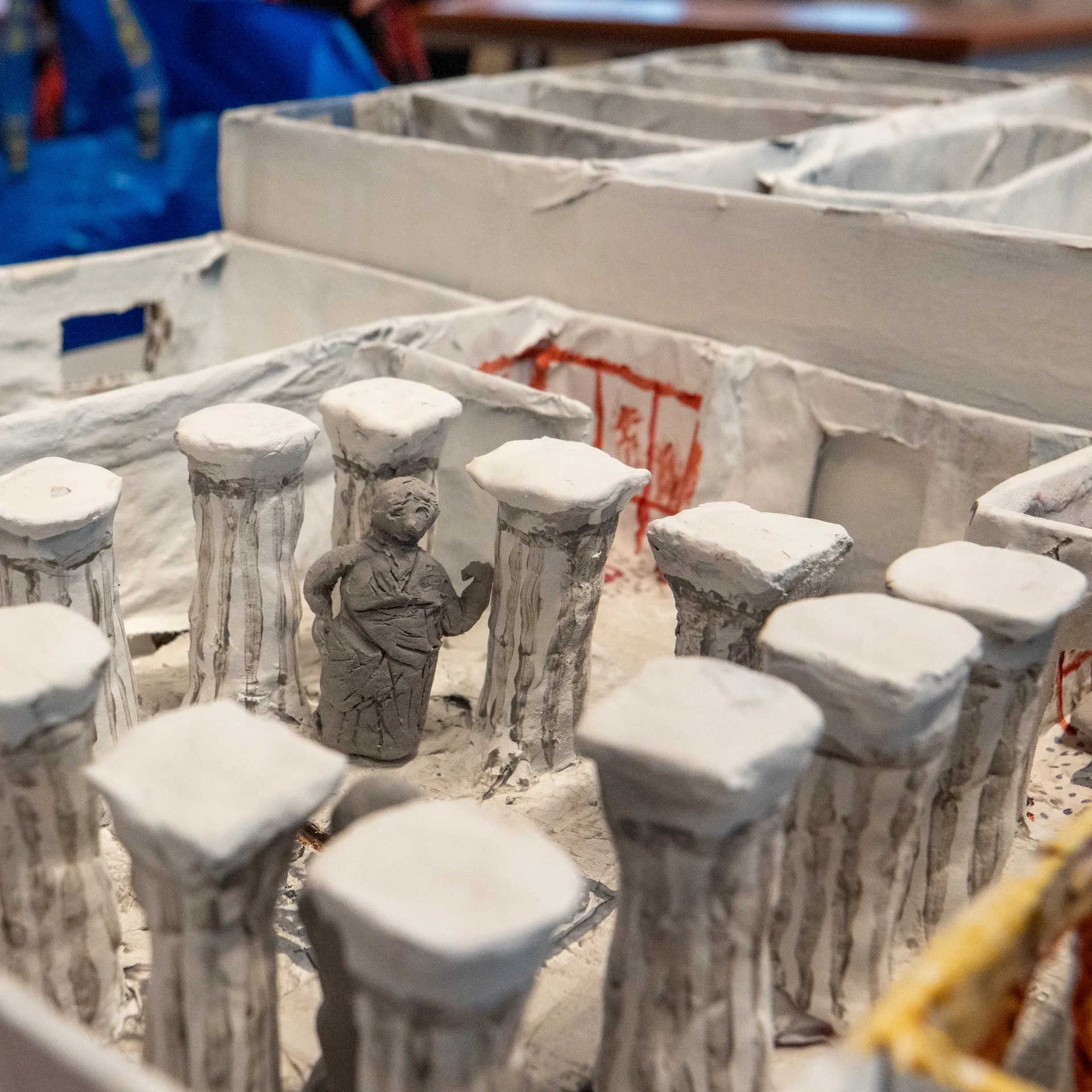
Explore Heritage, Art & Museums!
Explore Heritage, Art & Museums!
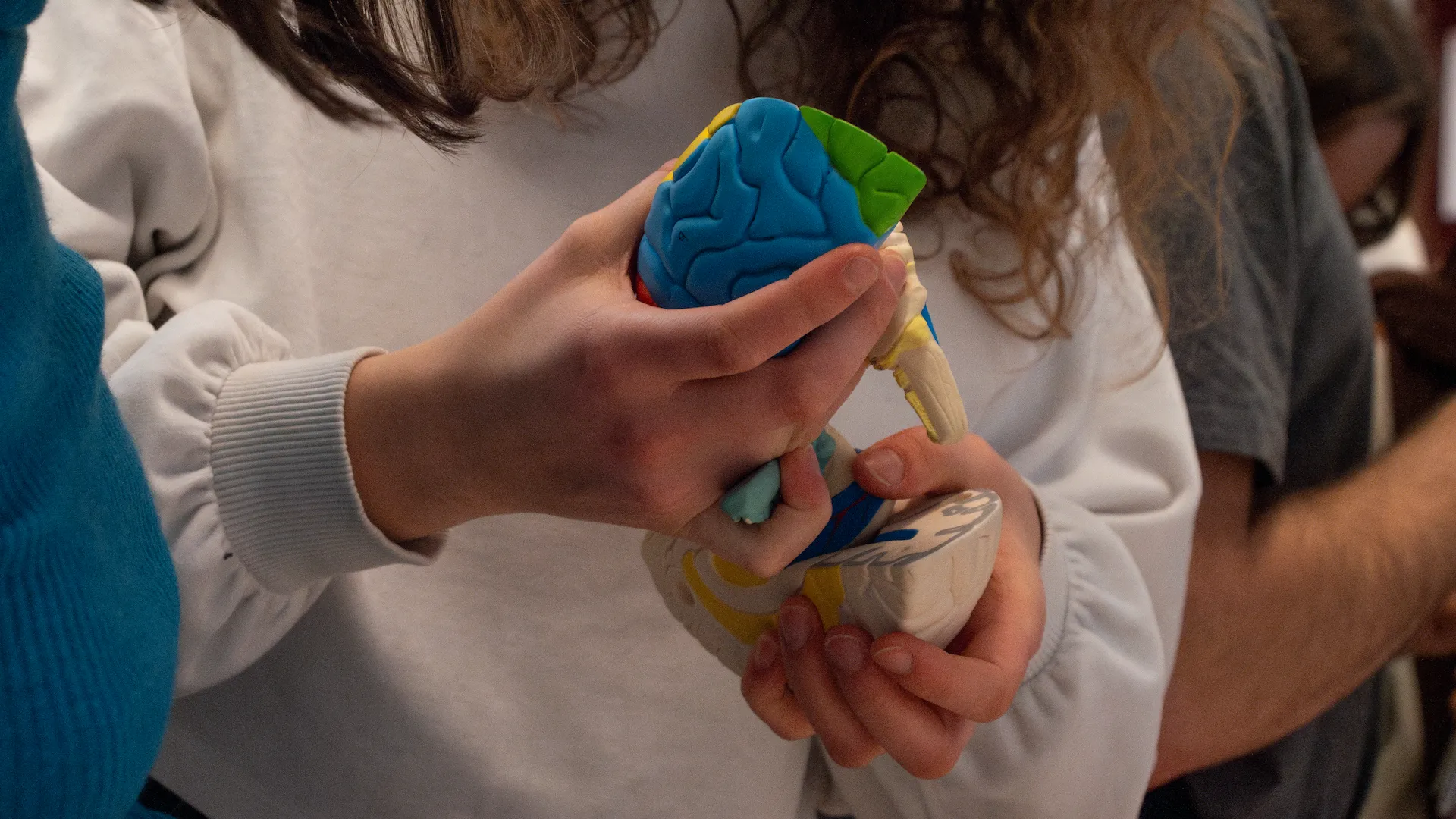
Explore Cognitive Science!
Explore Cognitive Science!
The UCR Program Builder is designed to help you easily plan your academic program. Step by step, the tool guides you through selecting courses, building a balanced curriculum, and meeting UCR’s academic requirements.
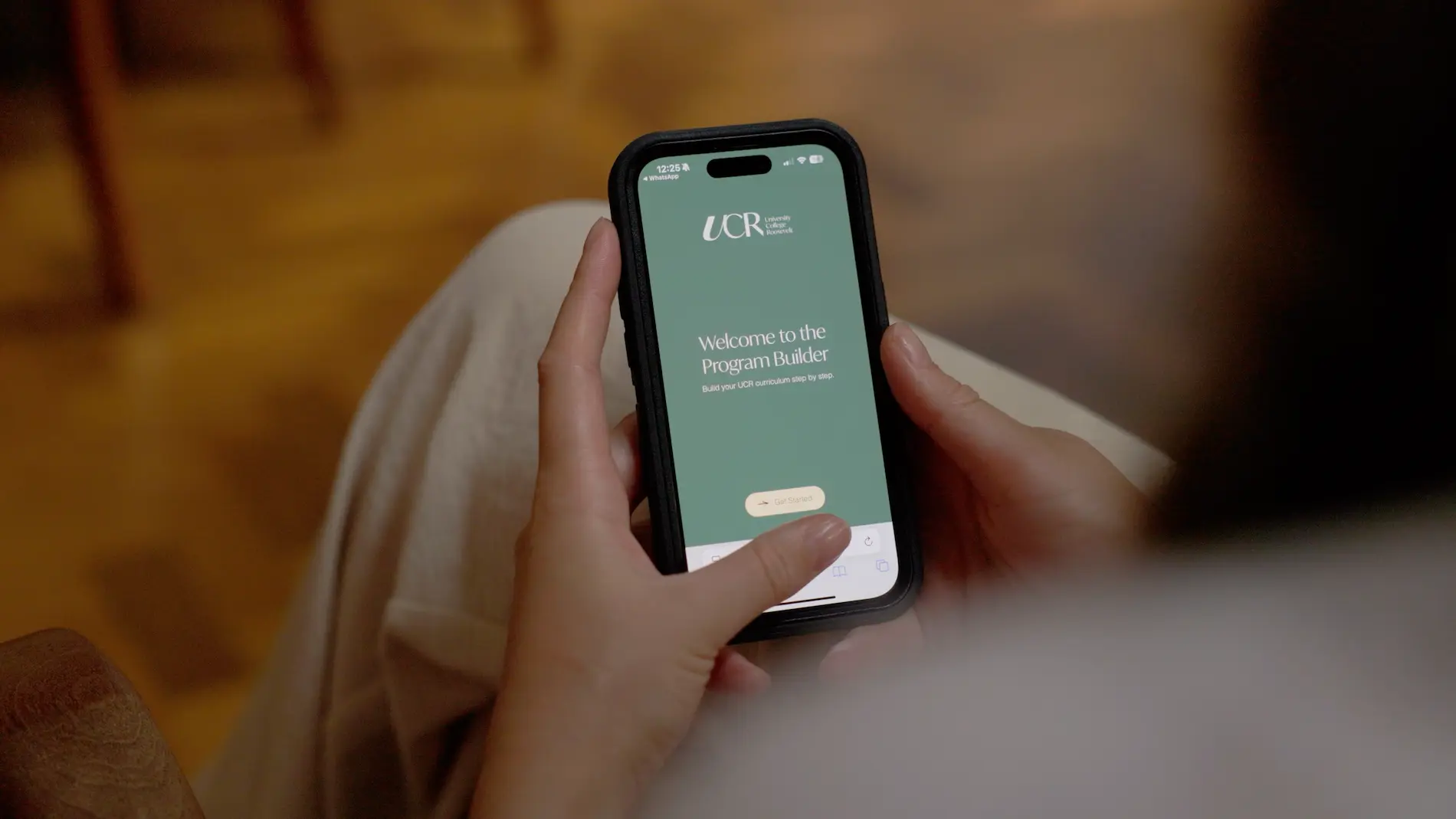
The UCR Program Builder is designed to help you easily plan your academic program. Step by step, the tool guides you through selecting courses, building a balanced curriculum, and meeting UCR’s academic requirements.
